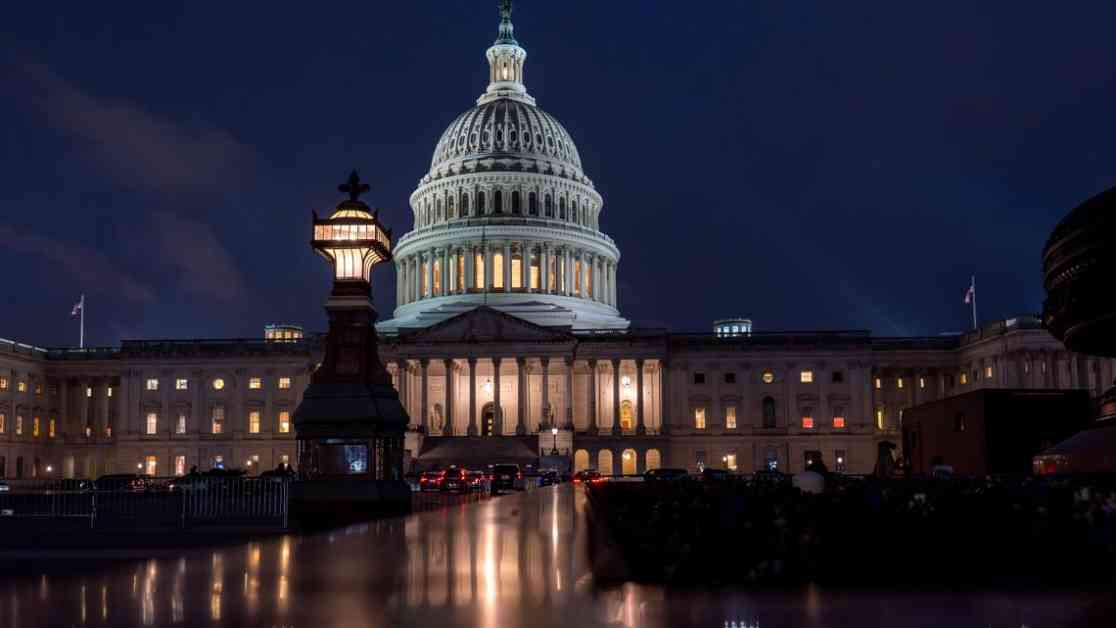President Joe Biden signed a bipartisan measure into law, preventing a government shutdown that was looming over Washington. The bill, which was hastily passed by the Senate early Saturday, provides temporary funding for federal operations and includes disaster aid, all while sidestepping former President Donald Trump’s demand for a debt limit increase.
Senate and House Approval
House Speaker Mike Johnson’s bill received overwhelming support in the House, with a vote of 366-34. The Senate followed suit, passing the bill 85-11 just after the deadline. This quick action averted a government shutdown that would have disrupted operations ahead of the holiday season.
President’s Role
President Joe Biden, who has played a less public role in the process, is expected to sign the bill into law on Saturday. Senate Majority Leader Chuck Schumer assured that there would be no government shutdown, providing much-needed relief to federal employees and the public.
Bipartisan Efforts and Compromises
The bill, a slimmed-down version of previous attempts, funds the government at current levels through March 14 and includes additional funding for disaster aid and agricultural assistance. It notably excludes Trump’s demand for lifting the debt ceiling, a contentious issue that was deferred for future discussions.
Political Dynamics and Challenges
The bill’s passage highlighted the challenges of bipartisan cooperation and negotiations in a divided political landscape. House Democrats expressed skepticism and criticized the process, while Senate opposition primarily came from Republicans, with Senator Bernie Sanders denouncing interference from outside influences.
This latest development underscores the complexities of governance and the delicate balance of power in Washington. As the new administration prepares to take office, the bill’s passage reflects the ongoing struggles and compromises necessary to keep the government functioning smoothly. President Biden’s swift action in signing the bill into law demonstrates a commitment to stability and continuity in federal operations, providing a sense of relief amid political uncertainties and looming deadlines.









